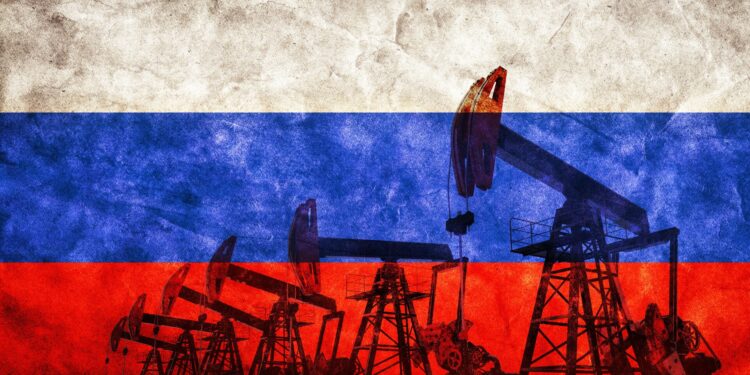The Russian energy ministry has announced that it anticipates a significant decrease in the country’s exports of crude oil and petroleum products for the month of November. This reduction is projected to be more than 300,000 barrels per day (bpd) when compared to the average levels recorded in May and June. This decision aligns with Russia’s ongoing commitment to the voluntary production cuts agreed upon within the OPEC+ framework, which includes some of the world’s leading oil-producing nations.
The voluntary efforts undertaken by OPEC+ aim to bring stability to the global energy market. As part of this initiative, Saudi Arabia and Russia have mutually agreed to extend their voluntary oil supply cuts, which amount to a combined reduction of 1.3 million barrels of oil per day. This equates to over 1% of the total global oil demand and will remain in effect until the end of the year.
Russian Deputy Prime Minister Alexander Novak had previously indicated that this reduction in oil exports would also encompass oil products. Notably, Russia had introduced restrictions on petroleum product exports in September to address domestic shortages and high prices. These restrictions were partially lifted in October.
In a statement, the Russian energy ministry explained, “We note that Russia has introduced restrictions on the export of petroleum products, which continue to apply. Shipments of petroleum products to the domestic market are increasing, including for the formation of reserves.”
The Russian government’s actions are aimed at maintaining stability in the energy market and ensuring adequate supplies for domestic consumption while honoring its commitments within the OPEC+ agreement. These measures come in the context of global efforts to navigate the complexities of the oil market and respond to supply and demand dynamics effectively.









